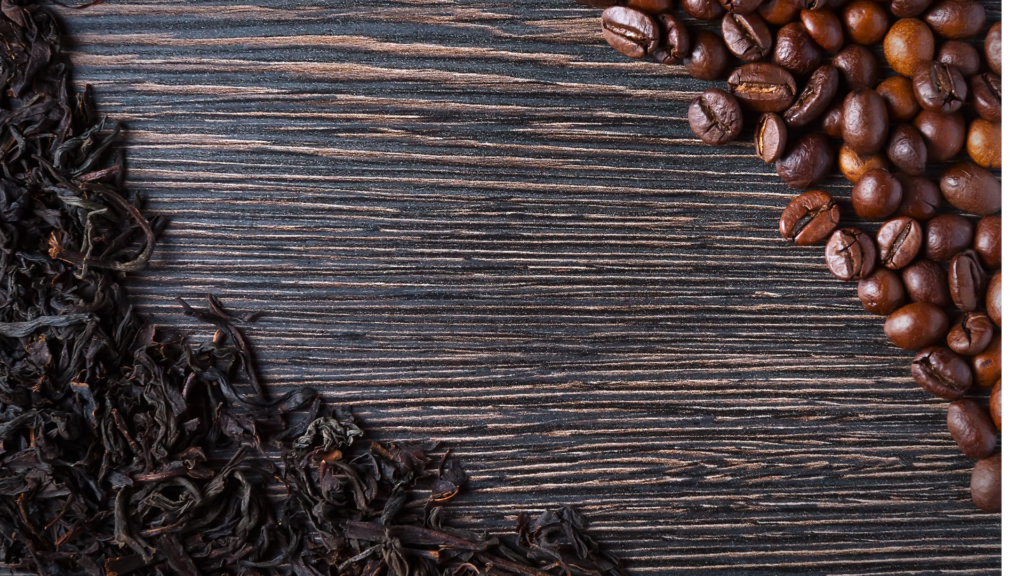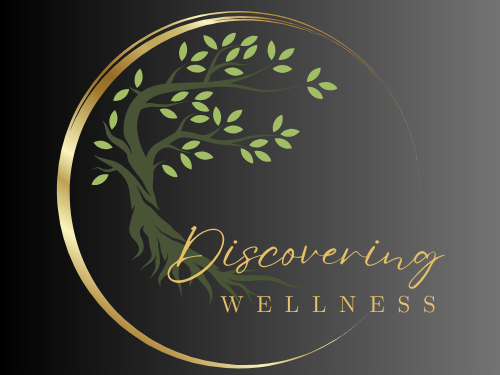
In a fast-paced world where every minute counts, many of us rely on a jolt of caffeine to kickstart our day or push through that mid-afternoon slump. Whether it’s a steaming cup of coffee or a refreshing mug of tea, caffeine serves as a trusted ally in our quest for productivity and alertness. But as with many things in life, moderation is key. While excessive caffeine intake can bring about unwanted side effects like jitteriness and insomnia, embracing a moderate consumption approach can unlock a plethora of health benefits.
Understanding the Buzz
Caffeine, a natural stimulant found in various plants such as coffee beans, tea leaves, and cacao pods, works its magic by blocking the effects of adenosine, a neurotransmitter responsible for promoting relaxation and sleepiness. By doing so, caffeine enhances neural activity, leading to increased alertness, improved concentration, and a boost in mood. This mechanism explains why many of us turn to caffeine to power through long workdays or to stay focused during study sessions.
Navigating the Risks
However, like any substance, too much caffeine can have adverse effects on our health. Excessive consumption can trigger jitteriness, anxiety, rapid heartbeat, digestive issues, and disrupt our sleep patterns, leading to insomnia and restless nights. Moreover, individuals with certain medical conditions, such as hypertension or anxiety disorders, may be more susceptible to the negative effects of caffeine. It’s crucial to be mindful of our caffeine intake and recognize when it’s time to cut back.
Embracing Moderation
The good news is that moderate caffeine consumption can offer a host of health benefits without the drawbacks of excessive intake. Studies have linked moderate coffee and tea consumption with improved cognitive function, including enhanced memory, focus, and reaction time. Moreover, caffeine has been associated with a reduced risk of neurodegenerative diseases like Alzheimer’s and Parkinson’s, thanks to its neuroprotective properties.
A Boost for Body and Mind
Beyond its cognitive benefits, caffeine has also been touted for its potential to promote physical health. Moderate coffee consumption has been linked to a decreased risk of certain cancers, including liver and colorectal cancer. Additionally, caffeine may help boost metabolism and aid in weight management by increasing thermogenesis and fat oxidation. However, it’s important to note that adding excessive sugar or cream to your coffee can offset these potential benefits.
Exploring the Herbal Route
For those looking to reap the rewards of caffeine without the side effects of coffee, tea presents an excellent alternative. Rich in antioxidants and boasting a lower caffeine content compared to coffee, tea offers a gentler energy boost without the risk of jitters or sleep disturbances. Green tea, in particular, has gained recognition for its myriad health benefits, including improved heart health, enhanced metabolism, and a reduced risk of chronic diseases.
Finding Your Balance
When it comes to caffeine consumption, finding the right balance is key. For most adults, moderate caffeine intake – roughly 200 to 400 milligrams per day, equivalent to about two to four cups of coffee – is generally considered safe and may confer various health perks. However, individual tolerance levels vary, so it’s essential to listen to your body and adjust your intake accordingly.
Tips for Responsible Consumption
To make the most of your caffeine consumption while minimizing potential risks, consider the following tips:
- Mindful Monitoring: Keep track of your caffeine intake from all sources, including coffee, tea, energy drinks, and even chocolate, to ensure you’re staying within moderate limits.
- Timing is Key: Be mindful of when you consume caffeine to avoid disrupting your sleep cycle. Aim to limit caffeine intake in the afternoon and evening to prevent sleep disturbances.
- Stay Hydrated: Balance your caffeine intake with plenty of water to stay hydrated throughout the day.
- Know Your Limits: If you notice adverse effects like jitteriness or insomnia, consider cutting back on your caffeine consumption or opting for decaffeinated alternatives.
- Embrace Variety: Explore different sources of caffeine, such as herbal teas or matcha, to diversify your intake and minimize potential side effects.
In Conclusion:
While excessive caffeine intake can lead to unwanted side effects, embracing moderate consumption from sources like coffee and tea can offer a myriad of health benefits, from improved cognitive function to a reduced risk of certain diseases. By finding the right balance and being mindful of our caffeine intake, we can harness the energizing power of caffeine while safeguarding our well-being for the long haul. So go ahead, savor that cup of joe or indulge in a soothing mug of tea – just remember to enjoy it in moderation.



